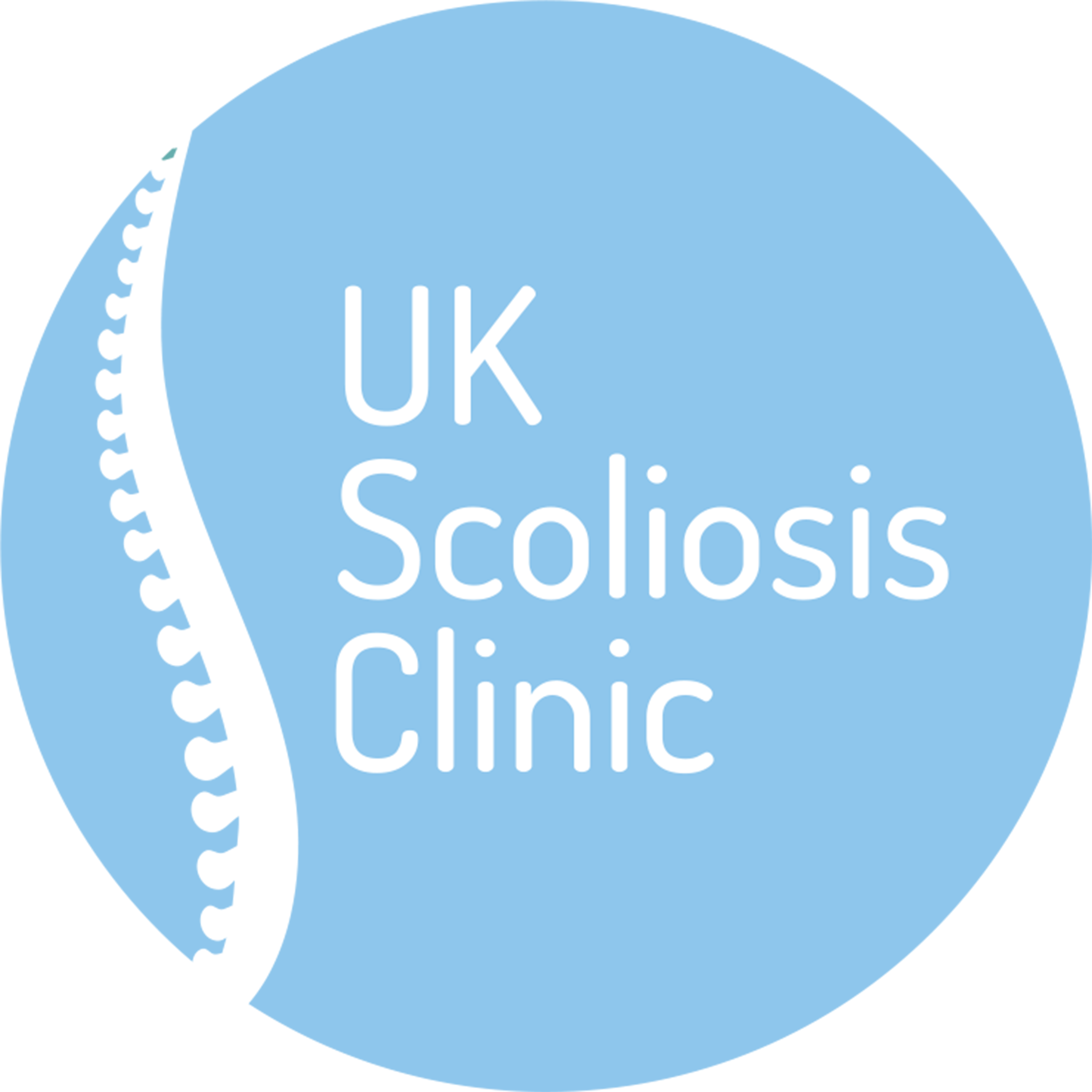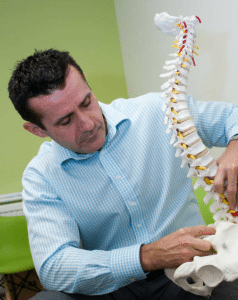At the UK Scoliosis clinic, we are always campaigning for the widespread adoption of scoliosis screening in schools, clubs and anywhere else where young people gather! It’s not just younger people who need to be concerned about scoliosis either – as we recently wrote on this blog, adult onset or “de-novo” scoliosis now affects 1 in 3 people over the age of 60.
Screening is a vital first step, since spotting scoliosis early makes it easier to treat, no matter the age of the patient. What’s important to remember, however, is that screening is just that – a first step. This week, we take a look at why those who suspect scoliosis after initial screening should seek a consultation with a scoliosis professional as a soon as possible.
What is a scoliosis consultation, or a professional evaluation?
Scoliosis screening is a simple process, designed to identify some of the most common signs and symptoms of scoliosis. Screening (which takes just a few minutes and can be done at home) allows you to spot scoliosis developing before it would necessarily become noticeable in everyday life. Once you have confirmed signs of scoliosis, the next step is to seek a professional opinion from a trained scoliosis practitioner.
Where screening can highlight potential signs of scoliosis, and make you aware of any risk factors you may have, only a professional consultation will allow a suitably trained practitioner to offer you a formal diagnosis of your condition. Often, a practitioner will be able to confirm that scoliosis is, in fact, present – however, some screening results can be “false positives” and turn out to be the sign of a postural problem or other condition instead.
When scoliosis is confirmed, a scoliosis practitioner can offer you a tailored treatment designed to stop the development of scoliosis and reverse the trend as soon as possible.
What you should not do is seek advice from non-scoliosis professional. While there are many reputable professionals who work with the spine and associated conditions (chiropractors, physiotherapists, osteopaths etc.) these individuals must also be either trained scoliosis specialists or have at least received specialist instruction in diagnosing scoliosis in order for their diagnosis to be truly accurate. Scoliosis is a complex, 3D condition which requires a complex response, and that’s something only a trained professional can really deliver.
Accessing a scoliosis professional might mean travelling, and while that can certainly be inconvenient there are many good reasons why you should opt for the right clinic.
So why choose a scoliosis professional?
It’s hopefully already obvious that a scoliosis professional offers the best choice when investigating a potential case of scoliosis, but as opposed to non-specialists, those clinics who focus on the treatment of scoliosis offer many other benefits. Professional clinics who specialise in scoliosis can:
Offer a reliable diagnosis – based on years of training and experience, not only can scoliosis practitioners diagnose scoliosis at a fundamental level, they can measure and map the precise nature and magnitude of your scoliosis and recommend an ideal treatment on this basis. While many everyday practitioners may be able to notice scoliosis, only a scoliosis professional can gather the detailed information required to formulate an effective, evidence based treatment plan which is individually tailored to your case.
Utilise the correct diagnostic tools – It cannot be stressed enough that without the correct diagnostic equipment it is almost impossible to correctly understand a patients scoliosis. Reputable clinics should be able to provide and evaluate X-Rays to properly understand the nature of your scoliosis. Today, some clinics try to claim that “radiation free” methods of diagnosis (such as ultrasound or laser measurement) are suitable for diagnosing scoliosis. Unfortunately, this is just not the case – currently, only an X-Ray or MRI scan can provide enough detail for a professional to make an initial diagnosis. Other methods can be excellent ways to monitor the progress of treatment, but simply do not provide enough clarity for initial diagnosis.
Rule out congenital factors – Most cases of scoliosis will be either idiopathic (in younger patients) or de-novo (in older individuals). There are other causes of scoliosis, such as congenital or neurological factors which also need to be ruled out, however. In the event that scoliosis may be related to an underlying neurological or congenital condition, a patient should be referred to a specialist in these areas and should not be treated with traditional scoliosis correction methods without further investigation. Reputable, professional clinics can rule out such causes, and also help to refer you to the right person if need be.
Offer personalised treatment – Scoliosis, unlike some conditions, is truly unique in every patient. While there are certainly some common features and trends, each scoliosis treatment is as complex and varied as the patient themselves. What’s more, scoliosis treatment needs to be constantly re-evaluated and adjusted in order to achieve the best results as fast as possible. All this means that the “standardised” treatment plans offered by some non-specialist clinics are far from ideal when it comes to scoliosis. In some cases, you may just end up with sub-optimal results, but the wrong treatment at the wrong time can actually worsen the condition in some patients.
Chose from multiple treatment methodologies – Clinics and professionals who specialise in scoliosis will certainly have a variety of approaches to treating scoliosis to draw from. Creating a treatment plan for a scoliosis patient will usually involve at least scoliosis specific exercise and some form of bracing but might also include a wide variety of complementary approaches such as chiropractic care or massage for short term management of discomfort. Today, it’s rare that a scoliosis case will be best treated with only a single approach, so a clinic which can offer a variety of treatments, all with scoliosis in mind, presents a clear advantage. Clinics who offer only a single treatment approach may do so with the best of intentions, but this is rarely the best option for the patient.
Offer advice based on the latest research – Scoliosis professionals who are members of a relevant body, such as SOSORT are required to stay up to date with the latest research in the field of scoliosis treatment. This means that a scoliosis professional will always be fluent with the latest thinking, but you’re far more likely to be treated with the most up to date approaches available at a specialist clinic.




